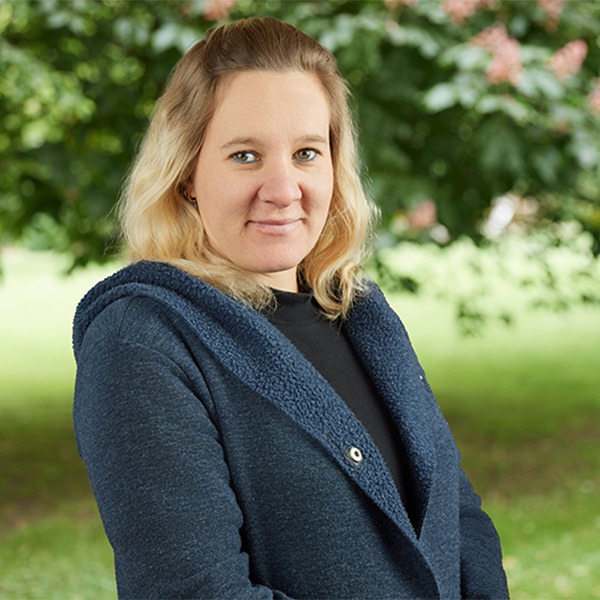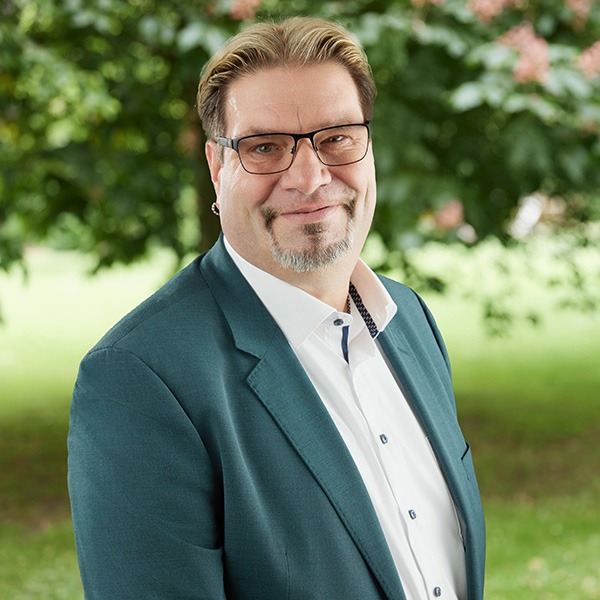
Full of life - A self-determined farewell with dignity
Life is a journey, characterized by experiences, encounters and memories. Many people look back on this journey in old age or after a fulfilled life and feel a deep inner peace. They have the feeling that they have experienced everything, given everything and received everything they wanted. They are full of life – or feel tired of life, a state that describes someone who wants to say goodbye to this world in peace. But in our society, the topic is often taboo or equated with illness and suffering, even though it is a conscious, peaceful decision.
What does it mean to be tired of life?
This feeling is not a sudden impulse or the result of acute need, but a deeply felt sense of completeness. People who feel tired of life often report the following thoughts:
-
A feeling of completion: they no longer have any unfulfilled dreams or wishes that they would like to realize.
-
Declining vitality: You increasingly feel that your body and mind are getting tired.
-
An inner peace with the past: you have reflected on your life and feel reconciled with what was.
-
No desire for further medical interventions: Many people do not want any further stressful treatments or medical procedures.
-
The desire for peace and quiet: the world is getting louder, faster and more stressful. Many people long for a peaceful farewell.
This feeling of life saturation is a deeply personal sensation and should not be confused with despair or depression. It is not about an acute life crisis, but about an inner clarity that one’s own journey has come to a natural end.








